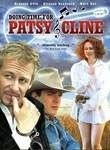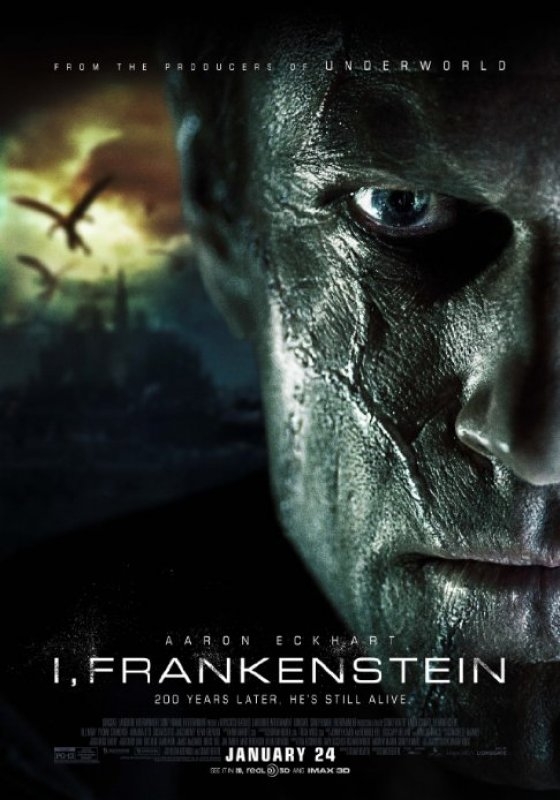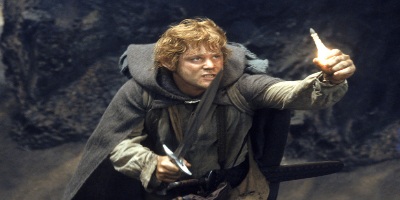Doing Time for Patsy Cline

Doing Time for Patsy Cline follows Ralph (Day) as he heads for the bright lights of Nashville in search of fame and fortune as a country singer. Setting out from his parents’ farm in the Australian outback with nothing more than a plane ticket and his guitar he is soon set off course when he hitches a ride with the fast-talking, coke-snorting, drug-smuggling Boyd (Roxburgh) and his ‘peach’ of a girlfriend Patsy (Otto). Told through a series of flashbacks we follow the trio across the desert to Sydney where Ralph can catch his plane, and later when they meet again in the blue lit bars and recording studios of Tennessee.
The plot (what there is of it anyway) is thick with clichés, featuring – count’em off – a shy but earnest hero, some country bumpkin parents, a doomed damsel, a wheeler-dealer villain (whose death via plane accident mirrors the eponymous singer’s own end), and even a somewhat mystifying Abbey Road reference. Within the popular ‘coming of age’ genre this is perhaps inevitable, but the absence of character development or actual action ultimately results in a movie that lacks both the charm and the intrigue to engage its audience. The acting itself isn’t bad but the script presents stereotypes rather than characters.
Roxburgh’s Boyd is the most entertaining with his fast mouth which quickly adapts reality to what best suits him, pulling everyone else along with him. Even Miranda Otto, who seems to have re-invented Marilyn Monroe’s Sugar Cane as a doe-eyed, baby voiced country singer, isn’t bad. Yet throughout the film each of their identities remains fixed with no attempt to explore their motivation or develop as the plot progresses. While director Chris Kennedy may have intentionally used the well-known format to insinuate a tongue-in-cheek parallel with the life stories of country legends the result is more of a cliché checklist.

The film ultimately suffers unduly through its re-release. A lot has changed since it came out in 1997; the fact that today’s celebrity-focused culture includes figures like Keith Urban who have ‘made it’ into the public consciousness (whether because of his music or his marriage) makes Ralph’s dream seem more believable and his lack of talent less of a barrier to success than a guarantee thereof. Country music and the stories of its stars have been made into films; most significantly in the Oscar winning Walk the Line. Indeed, this movie references Cash in its Folsom-esque prison band; and in 2011 the Aussie pastiche ends up comparing badly. Though the final twist has a decent bash at subverting the genre, it is too little and far too late.





Recent Comments